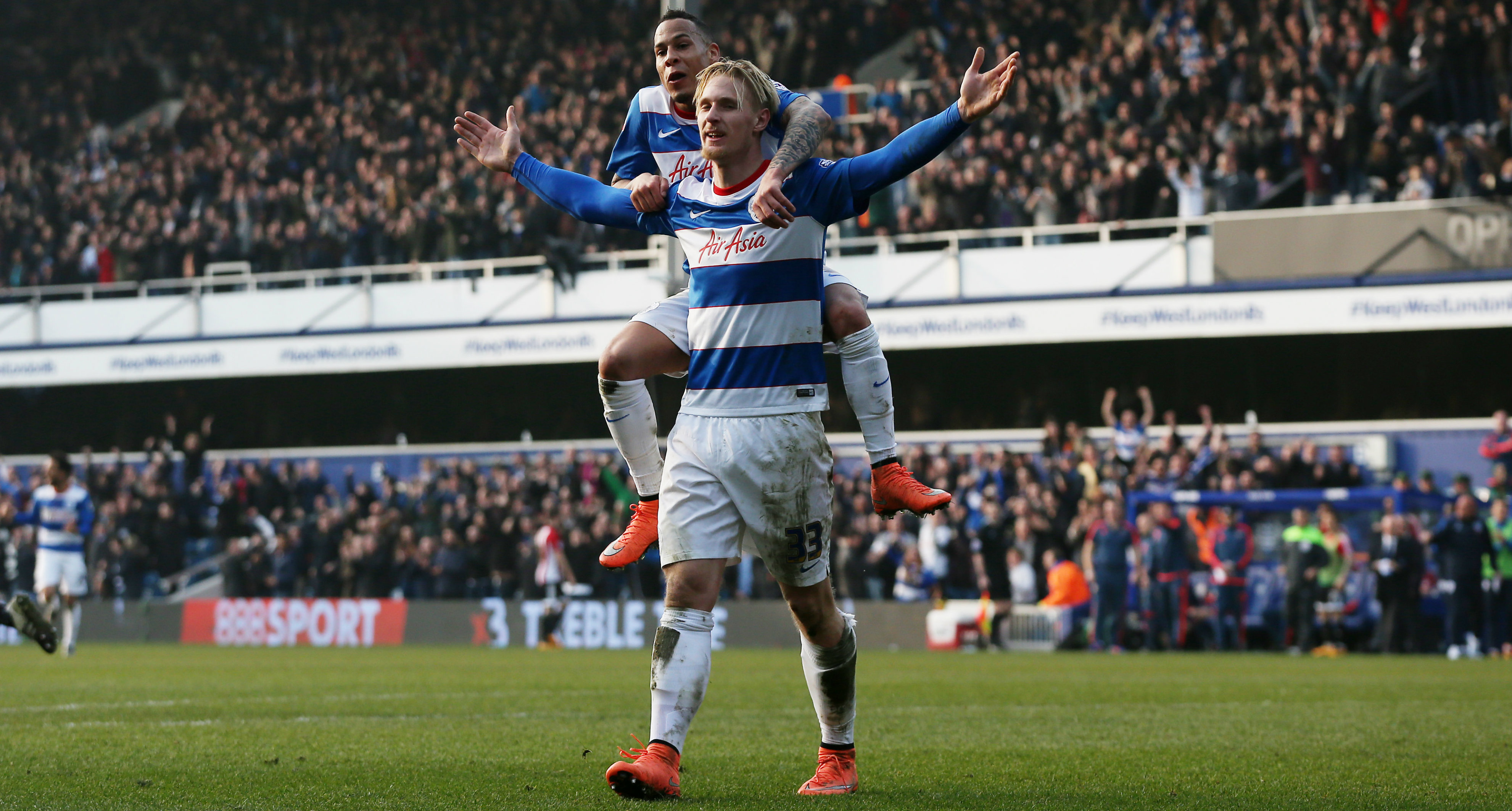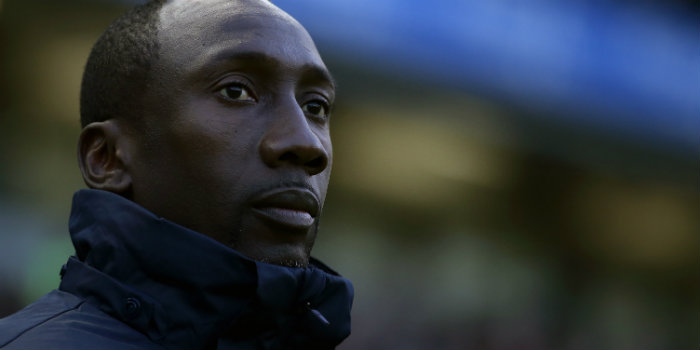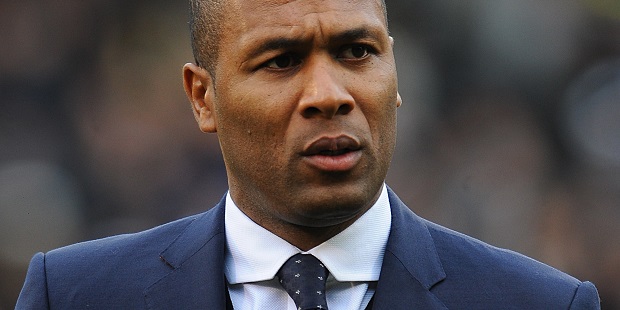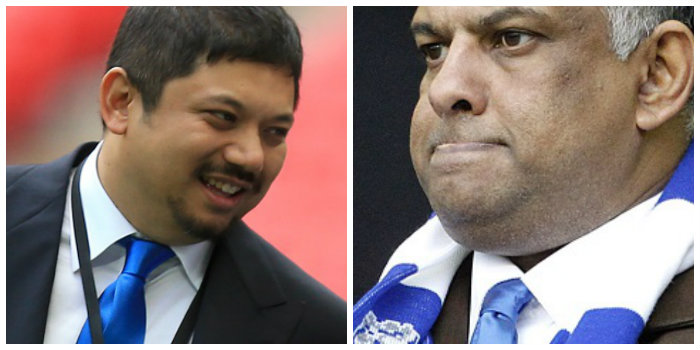QPR are in transition – but three things could alter the course of their season

With the realities of Financial Fair Play and the fallout from the club’s previous spending, not to mention the obvious strength of many clubs in the Championship, it’s fair to say that QPR’s expectations for this season are relatively modest.
Another mid-table finish – maybe around 9th-11th this time – arguably seems the likely outcome. Tjaronn Chery to attract Premier League interest and perhaps be sold in January seems another safe prediction.
Off the pitch, this might well be the year that QPR are finally able to begin building a training ground at Warren Farm.
With that on the horizon, and the ongoing pursuit of a new stadium at Old Oak, the club’s owners are, barring the odd wobble, currently willing to accept Rangers are in something of a transitional phase, with events on the pitch reflecting that.
However, as well as the usual slings and arrows of a season, such as injuries and unexpected transfers deals, I think there are three factors which could tip the scales in their favour over the course of the coming months – or have the opposite effect.

Jimmy’s boot camp
Managers are judged by results, getting the credit when things go well and carrying the can when they don’t.
But in 17 years of covering QPR and seeing close up what various managers have contended with, I’ve seen that the link between their decisions – at least first-choice decisions – and results has often been quite weak.
Often the praise or blame dished out as a result has been simplistic and unjust.
These managers can be hostages to all kind of factors, rolling with the punches and often just relying on good luck and good PR while hoping to make some good decisions to help their cause along the way.
Sometimes though, a manager’s key decisions have a particularly direct impact on events. It might be a signing or sale they insist upon, a particular transfer policy or a style of play they go out of their way to impose.
This season, the success or otherwise of Jimmy Floyd Hasselbaink’s emphasis on super-high intensity and old-school, lung-bursting training sessions is likely to be a major determining factor in how QPR fare.
If, in a fiercely competitive division involving some heavyweight clubs, his methods give Rangers a significant advantage by producing the kind of physically fit team he wants, he’ll deserve much praise and his billing as a manager of real promise will have been justified.
If it goes the other way and has a negative effect on the morale and fitness levels of his squad, Rangers face a troubled season and Hasselbaink should definitely carry the can.

Ferdinand under the spotlight
That billing as a promising young manager, along with his tendency to say the right things, means Hasselbaink could be well buffered when the going gets tough, which it surely will as QPR deal with the fallout from years of mismanagement.
Ferdinand – especially if he’s perceived as being responsible for a costly lack of firepower up front – could then come under increased pressure.
He’s a QPR legend with a long-term plan for the club, whereas Hasselbaink is a hugely ambitious manager and of course a former Chelsea player.
And yet, I think it’s highly likely a large number of fans would be more willing to cut Hasselbaink some slack if results are not good.
The misunderstanding of Ferdinand’s role as director of football is palpable and there are increasing – totally untrue – rumours that he picks the team, dictates signings and generally undermines the manager.
This isn’t confined to social media, where the picture is often distorted, either. I met a number of QPR fans on the way to and from matches last season who had formed that impression.
If Rangers stumble this season, it’s easy to see that this will spread very quickly, particularly as the composed Hasselbaink, as manager, gets regular airtime while Ferdinand sticks to his policy of keeping relatively quiet and getting on with the job.
Should this happen, Ferdinand could justifiably point to some of his successes, the general scale of his task in light of FFP, and his emphasis on the bigger picture. Tony Fernandes is likely to back him up on this – initially at least.
The big question is whether that support from the board holds up during choppy waters and amid discontent among fans.
Fernandes has shown he can be stubborn in backing people but also willing to eventually sacrifice them in order to preserve his own status by convincing the fans that a new chapter, where lessons have been learned, has begun.
Ferdinand himself ended up in his role largely because of this.
If results are poor, and perhaps with Neil Warnock, whose two departures from the club angered many, not-so-subtly having his say about QPR’s problems, the board’s loyalty to Ferdinand, and more importantly the strategy he has looked to implement, will be tested.
If that strategy is ditched, it would probably mean an even more dramatic sea-change than the one which occurred last season, when Fernandes changed the brief from consolidation to promotion pretty much overnight.
And like Hasselbaink’s training methods, the result of that could see Rangers either fly or nosedive.

FFP and Old Oak
Legal wrangling over QPR’s FFP fine has produced no real sign of a resolution and Rangers now expect the issue to be decided by a commission.
In the unlikely event of a favourable settlement before the end of the January transfer window, it would be interesting to see if it’s accepted with humility by Rangers or celebrated with another spending spree.
The likelihood seems to be that the issue will rumble on and therefore the club will want to be seen to be cutting its cloth more carefully.
Make no mistake, QPR have not suddenly become one of the Championship’s poorer clubs, even compared to the likes of Wolves.
Rangers’ owners have access to staggering amounts of money and could, if they chose to, throw caution to the wind and once again chase the Premier League dream.
But while that would be a major gamble at the best of times, why risk it at this particular point in time given how obviously strong the Championship currently is?
The chances of failure would be relatively high and its implications dire. Much better to build for a year or two and then see if the terrain is more favourable.
The issue of Old Oak is linked to all this. As long as QPR are confined to an 18,000-capacity stadium they are at a competitive disadvantage, especially outside of the Premier League.
In the top flight, television revenue dwarfs matchday income and the latter is therefore less important. It’s in the Championship that the club’s need for a new stadium is most keenly felt.
Currently, the Old Oak light still shines at the end of the tunnel, albeit dimly, and the owners are prepared to bide their time.
If that light fades in the coming months, and the possibility of a money-spinning stadium-led regeneration is taken out of the equation, they would face a dilemma if Rangers are in with a realistic chance of going up and securing that TV money.
The temptation might then be to take that gamble on getting back to the Premier League.
